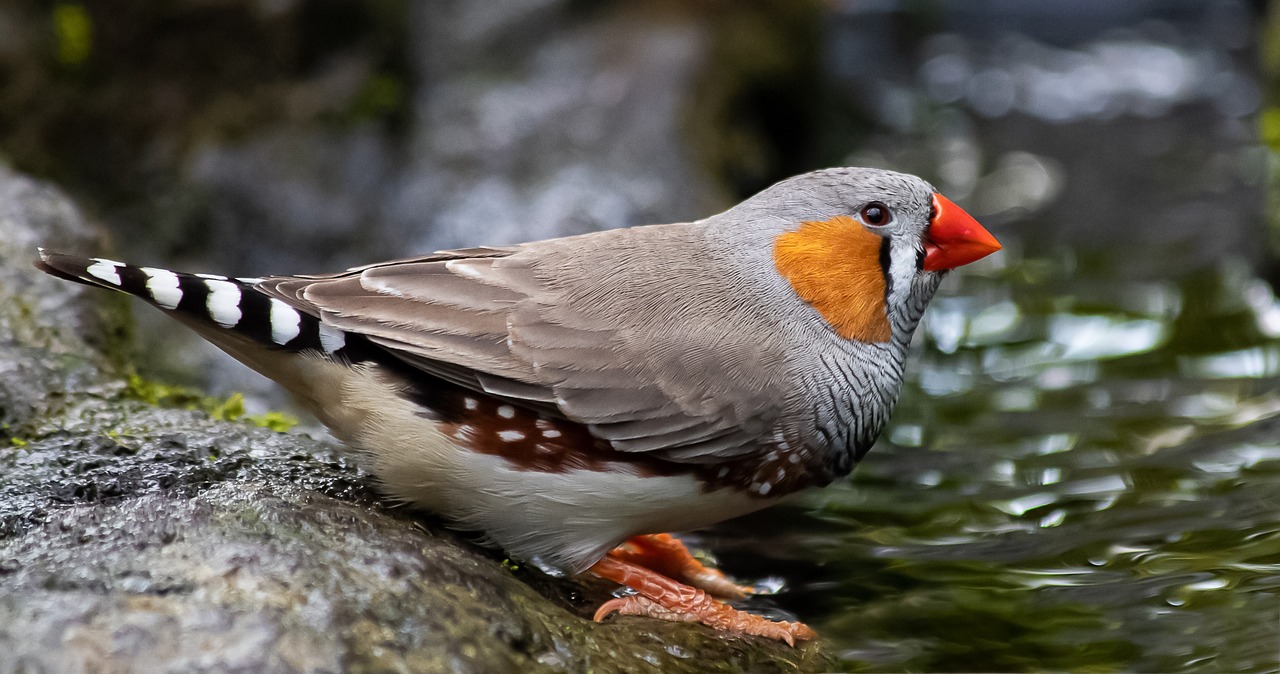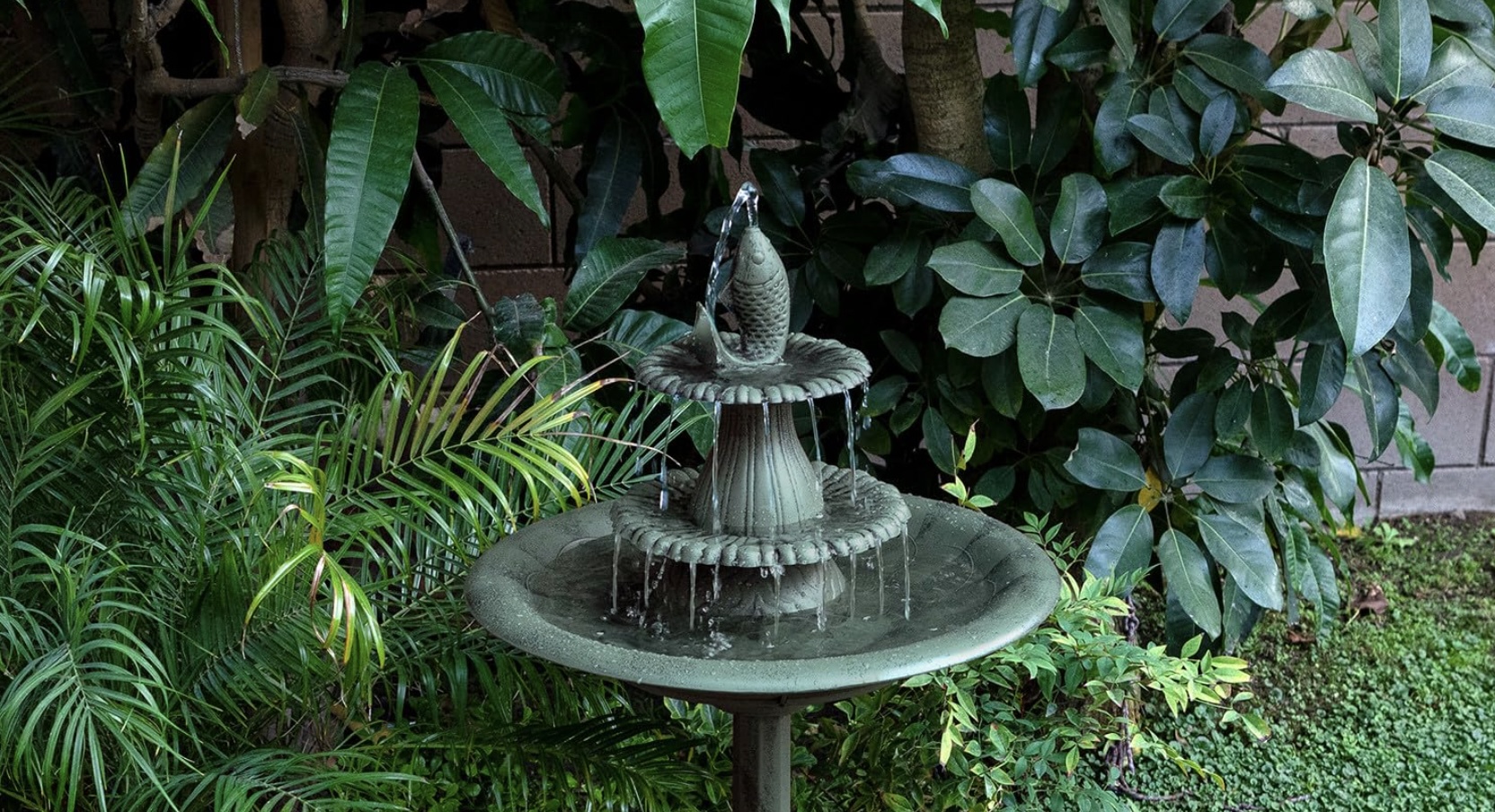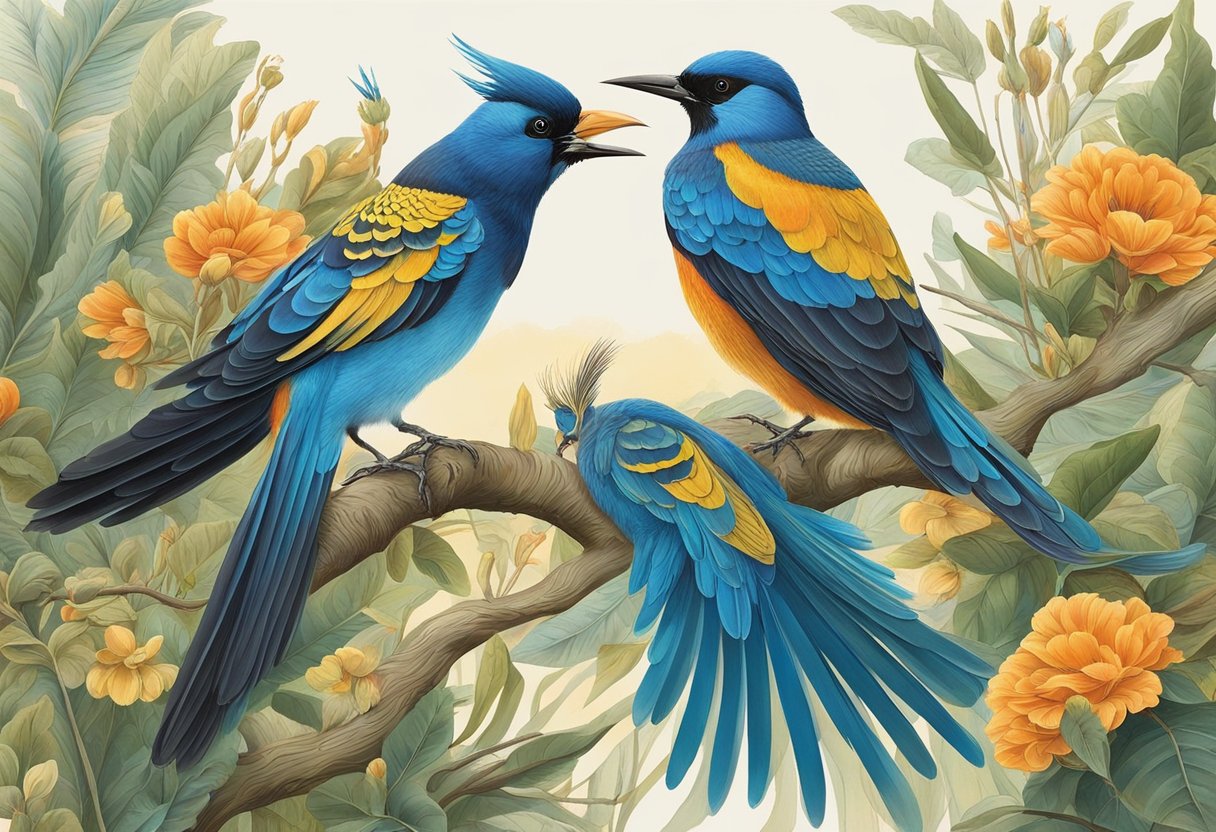Finches, with their vibrant colors and melodious songs, are a favorite among bird enthusiasts. For those who have shared their homes with these delightful birds, there’s a world of understanding that only finch owners can relate to. Here are seven things that only they would truly appreciate.
- The Joy of Morning Serenades: Waking up to the trills and chirps of finches is an experience unlike any other. Their varied repertoire can start as the first light breaks, turning ordinary mornings into symphonic events. While the world brews coffee, finch owners are treated to a private concert that soothes the soul and heralds the promise of a new day.
- The Art of Nest Building: Finches are master architects. Using everything from feathers to grass to bits of yarn, they weave intricately designed nests. As a finch owner, you might find yourself marveling at these diminutive birds as they tirelessly construct their homes. And if you’re lucky, you might even witness the arrival of tiny eggs and, eventually, the birth of new baby birds.
- The Constant Activity: Finches are not ones for sitting still. Whether they are zipping around their cage, chasing after one another, or simply hanging upside down from their perches, there’s never a dull moment. This constant flurry of activity keeps finch owners entertained, and many would attest that it’s almost therapeutic to watch them go about their day.
- Understanding Their Social Dynamics: Finches, especially when kept in pairs or groups, have a unique social dynamic. From establishing pecking orders to forming bonds with their chosen partners, their interactions are fascinating. As an owner, you quickly learn to read the subtle cues and understand the dramas playing out in your aviary.
- The Challenge of Diet Variety: Finches require a varied diet, and catering to their dietary needs can be both a challenge and a joy. From seeds to fruits to live food, finch owners often find themselves becoming amateur nutritionists. And there’s nothing more satisfying than watching your finches feast on a specially prepared treat.
- The Delight of Color Variations: The world of finches is vast, with species ranging from the bright red Zebra finch to the golden-hued Canary. Their myriad colors are a visual treat. As an enthusiast, the thrill of adding a new color variant to your aviary never gets old.
- The Sweet Sorrow of Their Short Lifespan: Most finch species have a relatively short lifespan, ranging from 5 to 7 years. As an owner, you cherish each moment, knowing that your time with them is fleeting. The bond you form with these birds is profound, making their inevitable departure a heart-wrenching event. Yet, it’s this ephemeral nature of their existence that makes every moment spent with them all the more precious.
10 Frequently Asked Questions About Owning a Finch
Owning finches can be a delightful experience, but like all pets, they require dedicated care and understanding. Addressing these common queries ensures a happy and healthy life for your feathered friends.
- What do finches eat? Finches primarily consume a diet of seeds, but they also benefit from a variety of fruits, vegetables, and even some protein sources like boiled eggs. A balanced finch diet includes a good quality finch seed mix, supplemented with fresh greens and occasional treats like mealworms.
- How often should I clean my finch’s cage? The cage should be cleaned at least once a week, with waste removed daily. Regular cleaning prevents bacterial and fungal growth, ensuring a healthy environment for your finches. The water and food dishes should be cleaned daily to prevent contamination.
- Can finches be kept alone? While finches are social birds and thrive in pairs or groups, some can be kept alone. However, if you choose to keep a single finch, ensure you provide plenty of stimulation and interaction to prevent loneliness.
- How big should a finch cage be? A finch cage should be spacious enough for the birds to fly and exercise. A general rule is to get the largest cage you can afford and accommodate, with a minimum size of 30 inches in width for a pair of finches. Horizontal space is more important than vertical, as finches tend to fly side to side.
- Do finches need toys? Yes, toys provide mental and physical stimulation. Offer them swings, ladders, and bells. Avoid mirrors as they can cause stress, making the bird believe there’s another finch they cannot interact with.
- How can I tell if my finch is sick? Signs of illness in finches include fluffed up feathers, lethargy, sitting at the bottom of the cage, changes in droppings, or loss of appetite. If you observe any of these symptoms, consult a veterinarian specializing in avian care.
- Can I let my finch out of its cage? While finches aren’t typically trained like parrots, they can be allowed supervised out-of-cage time in a safe and bird-proofed room. Ensure windows and fans are secure, and keep an eye on them to prevent accidents.
- Is it necessary to cover the cage at night? Covering the cage can provide a sense of security and darkness, helping your finch to settle and sleep. Ensure the cover is breathable, and the room doesn’t get too cold.
- How do I introduce a new finch to my current one? Introduce them slowly. Start by placing the new bird in a separate cage within sight of the current bird. After observing their reactions and ensuring there’s no aggression, you can try placing them in the same cage. Monitor closely for any signs of stress or conflict.
- Why is my finch plucking its feathers? Feather plucking can be a sign of stress, boredom, dietary deficiencies, or even underlying medical conditions. Ensure the bird’s environment is enriched, they’re fed a balanced diet, and consult an avian veterinarian if the behavior persists.
In conclusion, sharing your life with finches is a journey filled with highs and lows. From their mesmerizing songs to their vibrant personalities, there’s a world of wonder that only finch owners can truly relate to. Whether you’re a seasoned finch enthusiast or a newbie considering getting your first pair, the joy and understanding that these birds bring into one’s life is incomparable.



